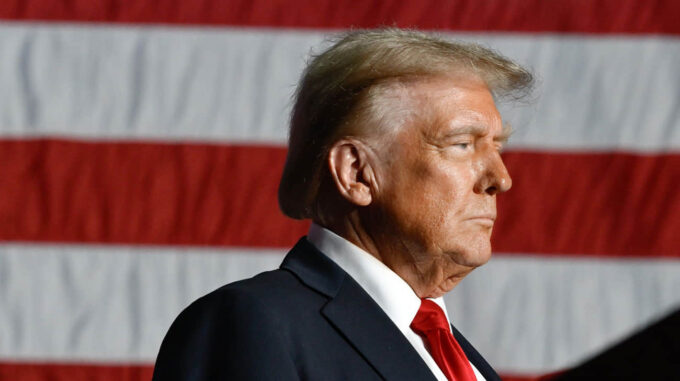U

S. President Donald Trump expresses doubts about the possibility of successfully striking Iran’s nuclear infrastructure in the future, according to authoritative sources. According to the publication "European Pravda," which cites the British outlet The Guardian, the decision to potentially use military force against Iran is under serious question even among the highest circles. Sources indicate that during recent consultations with representatives of the U.S. Department of Defense, the president voiced critical opinions regarding the likely effectiveness of an American strike on nuclear facilities in Tehran. Specifically, it was mentioned that none of the planned scenarios guarantee the total destruction of uranium enrichment sites, such as the one located in Fordo, which is crucial for Iran’s nuclear program. The most discussed military option among the armed forces is the use of the so-called bunker-busting bomb GBU-57, weighing over 13.6 tons, which, according to preliminary estimates, could effectively destroy a specific target. However, despite confidence in this weapon’s ability to eradicate a clearly defined object, Trump remained unconvinced of its overall effectiveness. As a result, related decisions have been postponed, and the president is maintaining maximum caution regarding the use of force. Sources clarify that the threat of military intervention could have a strategic psychological impact on Tehran—serving as leverage in diplomatic negotiations, prompting the Iranian leadership towards new political compromises. At the same time, military circles are engaged in intense debates about the nature of the weapon to be used and its effectiveness. Favoring only highly accurate weapons with deep underground penetration likely rules out the use of tactical nuclear weapons, the actual plans for which have never been officially disclosed to senior officials, including Defense Secretary Pite Gagsat and Chairman of the Joint Chiefs of Staff General Dan Kain. According to intelligence data, to destroy the Fordo facility, it is first necessary to strike its foundation with conventional B-2 bombs, and then use tactical nuclear weapons—a scenario currently ruled out by Trump. The U.S. administration is focusing on the use of precision-guided conventional munitions for future operations. Such a decision would, analysts estimate, delay Iran’s uranium enrichment program for military purposes by at least several years. However, this scenario cannot fully dismantle Iran’s nuclear program, which continues to pose a potential threat. According to The Wall Street Journal, during recent private discussions with aides, Trump reportedly supported the idea of authorizing a military operation against Iran. At the same time, the U.S. president has decided to hold back for now, hoping that Tehran will abandon its nuclear program on its own. Meanwhile, Bloomberg reports that military preparations for a possible strike are underway in the coming days, hinting at the seriousness of the administration’s intentions. Overall, questions remain open regarding how willing the U.S. is to directly risk conflict with Iran, and what role its allies, notably Israel, might play. In public statements, Trump remains reluctant to openly support or oppose the idea of a large-scale military operation, leaving room for diplomatic maneuvering and strategic decisions in the future.

